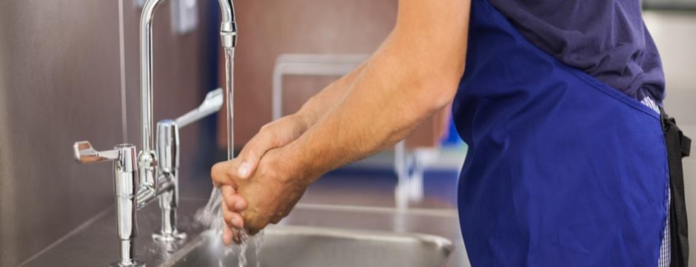
The water you get when you open the tap has travelled a long way to your business. Here are four things you probably don’t know about your tap water. The water that you drink comes from sources that are thousands of years old and are also used by insects and animals. It’s been tested by scientists using the latest technology to make sure that it’s safe for you to drink. Drones and satellites are used to make sure that the thousands of kilometres long water pipes, especially those in hard-to-reach areas, don’t have any leaks. There is a job where people drink water and evaluate its taste.
Tap Water in the UK
UK tap water is safe to drink. In fact, it has been rated as one of the best global water supplies. The best-tasting tap water regions in the UK are Scotland, South West, Yorkshire and the Humber, North Ireland, and Wales. The worst tap water taste regions are the East of England, East Midlands, South East, Greater London, and West Midlands. UK tap water tends to be “hard water”, which means that it contains a lot of minerals. Water hardness is measured according to the level of dissolved calcium and magnesium in the water. It is still safe for consumption. Tap water sometimes has a cloudy appearance due to a blend of chalk and limestone. This water is also safe to drink, although it might not have the best taste. Hard water and soft water both contain minerals and chemicals, some of which are natural and others have been added by people. The most frequent chemicals in tap water are chlorine, limescale, fluoride, and lead.
Water Efficiency
Even though it might not always have the best taste, drinking water from the tap instead of plastic bottles is more convenient, cheaper, and more environmentally sustainable. There are water-efficiency methods that your business can implement to save both water and money throughout your business. The average business uses water for flushing toilets and urinals, washing hands, and cleaning.
Use business utility comparison companies to make sure that your current business water supplier is meeting your business’s needs and budget. If you can get deals on business water at different suppliers for a better price, then you should consider switching suppliers. Keep in mind that your business’s location will have an impact on how far the water has to travel to get to you, so make sure that the suppliers are not too far away from your premises.
Conduct a business water audit to save money and water. The audit report will show where your business is using water, what it is used for, when it is used, and how much is used. It will also indicate where your business is wasting water so that you can be aware of the problem areas. The report includes tips on how your business can save water and what initiatives can be taken.
Install a smart water meter that will send your water usage readings to your supplier every 15 minutes. This means that, unlike manual water meters, the meter readings will be more accurate, and you won’t be charged for water that your business didn’t use. Smart meters also let you know if there is a sudden increase in water usage, which might indicate a leak somewhere in your business’s plumbing system. You will save money as well as become more sustainable where water is concerned.
Instead of only using water from the supply network, your business can make use of alternative water sources. You can harvest stormwater when it’s raining, which can be used to flush toilets or wash company cars. If there is enough of it, wastewater can be reclaimed and used for irrigation. Greywater can also be used to flush toilets, wash cars, and water the garden.
Employees at your business can be educated about the importance of minimising water waste, and water-saving procedures can be put into place. Create a specific team that will work on water-efficiency plans and implementation. You can put incentives in place to encourage employees to save as much water as they can.
Advantages of Safe Tap Water in Businesses
The business will save a lot of money, and the environment, by not buying bottled water and filters. Having clean tap water to drink will boost employee morale because they will see that their employer cares about sustainability and a healthy work environment. It will also increase productivity because employees are staying hydrated, which has a positive impact on bodily functions. Walking to the tap to get water makes sure that everyone is taking a break now and then, which increases physical activity.
Conclusion
This article mentions four things that you probably didn’t know about your tap water. It discusses the components found in UK tap water, as well as the regions with the best and worst-tasting tap water. Several ways to save water in the workplace are explained. The pros of safe tap water in the workplace are also discussed.











